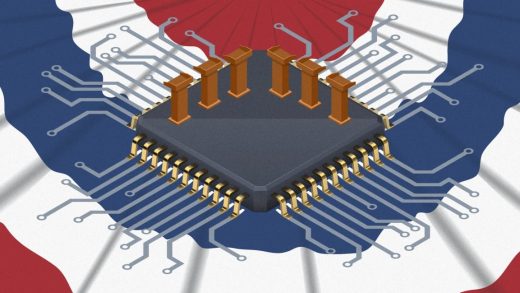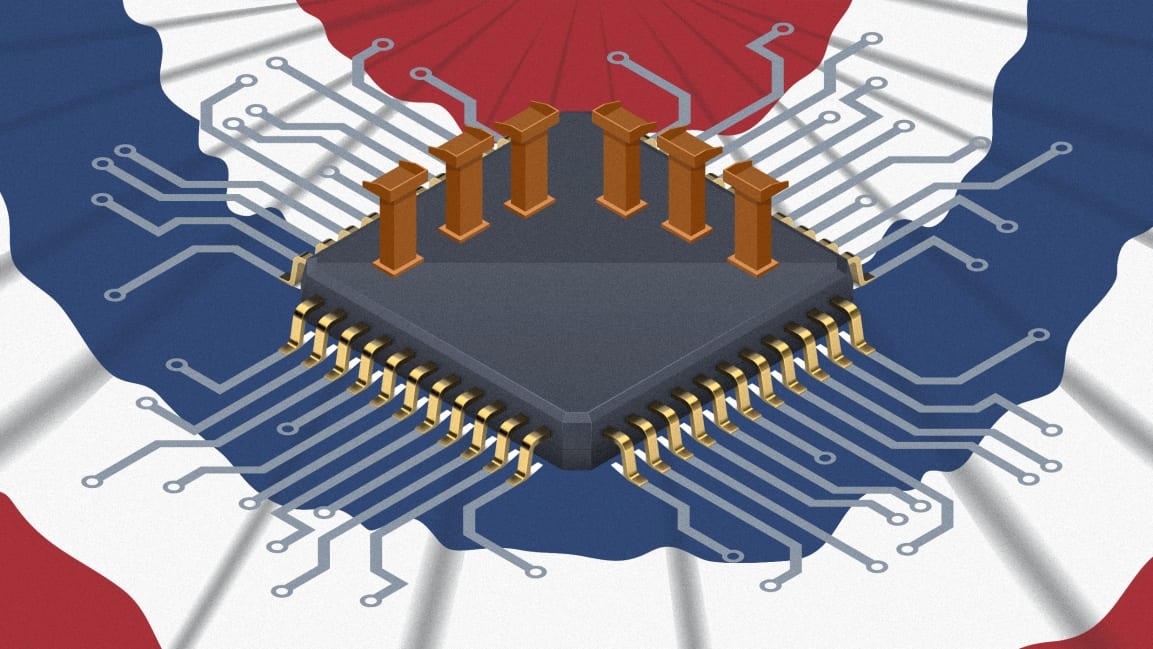Let’s hope these key tech issues aren’t ignored on tonight’s less-diverse debate stage
The boom and potential bust of the tech sector have taught us many things in recent years. First, every idea that includes an app or website isn’t truly a “tech” company, and doesn’t require billions of dollars in funding. Second, if the product is free, then you’re the product. Third, if there is a way to automate something or make it solely on-demand, the industry will certainly try.
The dominant themes of the current moment seem to be convenience for the sake of relinquishing your personal data; the growth of a gig economy that provides everything on demand but at arguably lower wages; and lastly, a group of millionaire and billionaire businessmen who sincerely believe that their corporate accomplishments will lead to success at the highest levels of state and federal government.
Take Andrew Yang, who has no government experience but is running to be the Democratic presidential nominee. While Yang has had success in various startup ventures, from celebrity fundraising to test prep, he has no political governing experience. However, he is the only Democratic presidential candidate sounding the alarm about the disruption of the workforce–via automation, artificial intelligence, and robotics–displacing millions of American workers in the coming decade. While other candidates have discussed breaking up “the Big Four” in tech (Apple, Google, Facebook, and Amazon), you don’t hear much talk about the larger issue of what the future will look like for displaced workers, particularly from marginalized communities.
This certainly plays into the economic anxiety of middle America, and statistics back up Yang’s assertion—but the issue goes way beyond the white working class, whose plight is most often detailed in mainstream media. The working class is over-represented by black and brown populations, who will bear the brunt of this disruption, but that detail is seemingly ignored when the topic is deliberated. A recent McKinsey study, the former employer of top candidate Pete Buttigieg, notes that black American men are the group that will be most affected by automation, AI, and robotics, with their blue-collar jobs the first to be eliminated. The community stands to lose close to five million jobs by 2030 due to technological advances.
That plays into the socioeconomic hypothesis of “last hired, first fired,” since black Americans tend to over-index in occupations that are service oriented—and not just blue-collar jobs. These service-oriented jobs also include marketing professionals, paralegals, retail workers, data entry clerks, and factory workers.
It also applies to Latinx workers. According to a Brookings Institute study, the Latinx community over-indexes in work centered in industries such as agriculture, construction, hospitality, and housing—manual labor-intensive and repetitive work. These jobs can be easily automated and eventually eliminated due to robotics. The study also assessed the “automation potential” of key jobs, looking at how many tasks can be automated using today’s technology and analyzed the effect on different ethnic groups. The automation potential was highest for Latinos, with close to 60% of them holding jobs that are at potential high risk from automation, compared to blacks at 50%, Asians at almost 40%, and whites at roughly 25%.
Potential solutions to this challenge include additional investment in education and retraining, as well as public-private partnerships to prepare these communities for the new digital workforce. It is important to note that while jobs will be eliminated due to automation, robotics, and AI, new occupations will definitely be created—though they will most certainly require new skills, which many in these communities are lacking, requiring additional study and training.
It will also require companies to reconsider how they create and hire for jobs–including redesigning work processes, unbundling tasks within a role and repackaging them in different ways by shifting parts of the workforce to other tasks that are of higher importance or to other entities, and retraining with skills as needed.
Good luck expecting those key issues to be discussed at tonight’s Democratic presidential primary debate in Des Moines, Iowa. The problem? Yang didn’t make the debate stage for the last debate held before the electorate starts to vote. In fact, while the Democratic field started as the most diverse in history, none of the nonwhite candidates have made it for this debate. This means the Asian and Pacific Islander candidates (Yang and Tulsi Gabbard), the black candidates (Senators Kamala Harris and Cory Booker and former governor Deval Patrick), and the lone Latinx candidate (former Obama cabinet member Julian Castro) will not be there to speak to these issues that will have a direct impact on workers within their communities.
We need to demand that the remaining candidates describe in detail their tech industry policy proposals—not just regarding regulation but also dealing with the impact of automation on jobs and how to create effective solutions to that crisis. While regulation of the larger tech companies is an issue, AI, automation, and robotics won’t stop leading to layoffs, and neither are the Big Four the only companies working on developing and implementing these products and practices. If the next industrial revolution is technological, it is imperative to address this issue at large to make sure that certain communities are not left further behind. Diversity in tech, or the lack thereof, is already a problem in the industry—from hiring to board membership—which it has yet to address. This dystopian future of work threatens to exacerbate those problems.
If these marginalized communities are neglected in the next wave of employment and prosperity, we’ll be suffering the long-term consequences, educationally and economically, for the foreseeable future if we don’t stand up and demand solutions now. Let’s see if the candidates have a plan for that.
Bärí A. Williams is a tech industry legal and operations executive, startup adviser, and former Head of Business Operations, North America for StubHub. She previously served as lead counsel for Facebook and created its Supplier Diversity program. Follow her on Twitter at @BariAWilliams.
(55)



